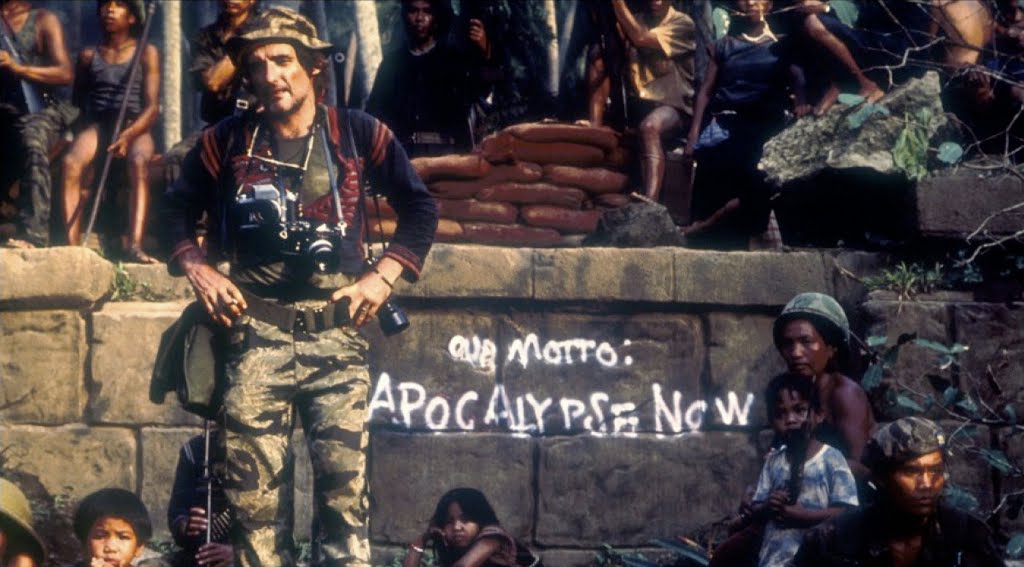Even if we discount the somewhat shaky lead performance by Laurene Landon, so great in ...All The Marbles, yet not fully committed to the period or style affected, Hundra has many advantages over a long list of Conan also-rans. It possesses one of the simplest and most effective scores Ennio Morricone ever wrote, a script both funny and touching, and a galvanizing spirit of feminine liberation that makes everyone of Hundra's punches hit twice as hard. This starts early when our hero leads the men who killed her family on a day-long horseback chase to tire them out until she finds suitable ground to fight and when she does she makes short work of them. It's an incredible build-up and release; the film is full of them. Hundra dispenses with foes mightily throughout, but perhaps never so fantastically as when she meets her first potential suitor. She encounters a man by the sea with many wives and tries joining them. The man's method of courtship consists largely of getting wasted and beating Hundra into submission. She puts up with as much as she can take before kicking him between his legs at which point Morricone's war theme starts up on the soundtrack, I think scientifically the most satisfying groin kick in history. She'd do anything to make sure her tribe won't die with her, but she won't do that. She experiences the high and lows of masculinity and never lowers her standards, nor for that matter does the man of her dreams simply surrender when he sees her. It's one of the most even-handed film about dating I've ever seen. Y'all can keep your John Hughes and Rob Reiner movies, this is the only 80s romcom I need. Why this isn't required viewing at sleepovers I don't know.
"No man shall ever penetrate me...with sword or self." Hundra and the search for compatibility
Even if we discount the somewhat shaky lead performance by Laurene Landon, so great in ...All The Marbles, yet not fully committed to the period or style affected, Hundra has many advantages over a long list of Conan also-rans. It possesses one of the simplest and most effective scores Ennio Morricone ever wrote, a script both funny and touching, and a galvanizing spirit of feminine liberation that makes everyone of Hundra's punches hit twice as hard. This starts early when our hero leads the men who killed her family on a day-long horseback chase to tire them out until she finds suitable ground to fight and when she does she makes short work of them. It's an incredible build-up and release; the film is full of them. Hundra dispenses with foes mightily throughout, but perhaps never so fantastically as when she meets her first potential suitor. She encounters a man by the sea with many wives and tries joining them. The man's method of courtship consists largely of getting wasted and beating Hundra into submission. She puts up with as much as she can take before kicking him between his legs at which point Morricone's war theme starts up on the soundtrack, I think scientifically the most satisfying groin kick in history. She'd do anything to make sure her tribe won't die with her, but she won't do that. She experiences the high and lows of masculinity and never lowers her standards, nor for that matter does the man of her dreams simply surrender when he sees her. It's one of the most even-handed film about dating I've ever seen. Y'all can keep your John Hughes and Rob Reiner movies, this is the only 80s romcom I need. Why this isn't required viewing at sleepovers I don't know.
Subscribe to:
Post Comments (Atom)


No comments:
Post a Comment